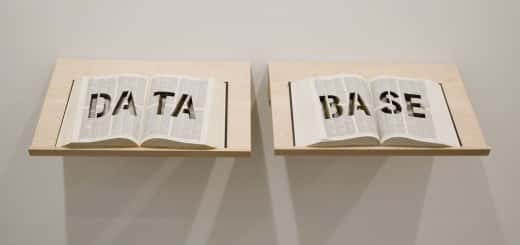Study Skills: Critical Writing
Criticality is a key component of academic study. It shows how you have been able to not only understand a subject, but also analyse and evaluate arguments presented. A critical approach is also a significant aspect of the generic assessment criteria (GAC) which is the criteria against which you are marked at the University of Sunderland. Therefore, in short, developing a more critical approach to your thinking and writing helps you achieve higher grades.

It could be argued that there are different layers to critical writing and the Plymouth University model of criticality is one framework you may find useful to develop a structured and logical approach to your development of critical writing. There is a link to a PDF of the model at the end of this post. More specifically, according to the Plymouth model, there are 3 main phases of thinking and writing, each phase building on the previous. In addition, each phase is necessary to construct a piece of critical writing.

Initially, descriptive information, which focusses on details such as what, when, where and who, is required to convey background or foundational information. For example, when you are setting out a particular theory, concept or practice, your reader is likely to find it beneficial to have background details such as what the theory/concept/practice is, or how it is defined by particular authors and where and when the theory/concept/practice is applicable or can be seen.
Thereafter, the next level of critical writing, according to the Plymouth model (2010), focusses on questions of analysis such as ‘why ‘and ‘how’. This requires you to consider the initial descriptive information in more detail. For instance, why is the particular theory/concept/practice important or relevant to the overall question or task set? Also, how does a particular theory relate to a relevant example or practice, or not?
The third level of critical writing requires students to evaluate theory/concepts/practice by asking questions such as ‘so what’? ‘What if?’ and/or ‘What next?’ This stage of writing can encourage you to consider what the overall purpose or function of a particular theory/concept or practice (or combinations of these) may be or whether an alternative theory/concept or practice could be introduced as a further discussion point.

It is important to note that the critical questions within the Plymouth model can also be used to help you review your own writing at the stage of reviewing what you have written and maybe re-drafting and editing what you have written before you finally submit your assignment. There will be a later blog post which provides specific hints and tips for how the Plymouth model can be used to help you critically review and edit your own writing – so look out for that!
A PDF guide of the Plymouth model discussed here can be found at: Plymouth Model
If you would like to discuss this technique in more detail you can book a One-to-one appointment with one of the Study Skills’ Support Advisers, One to One Support



